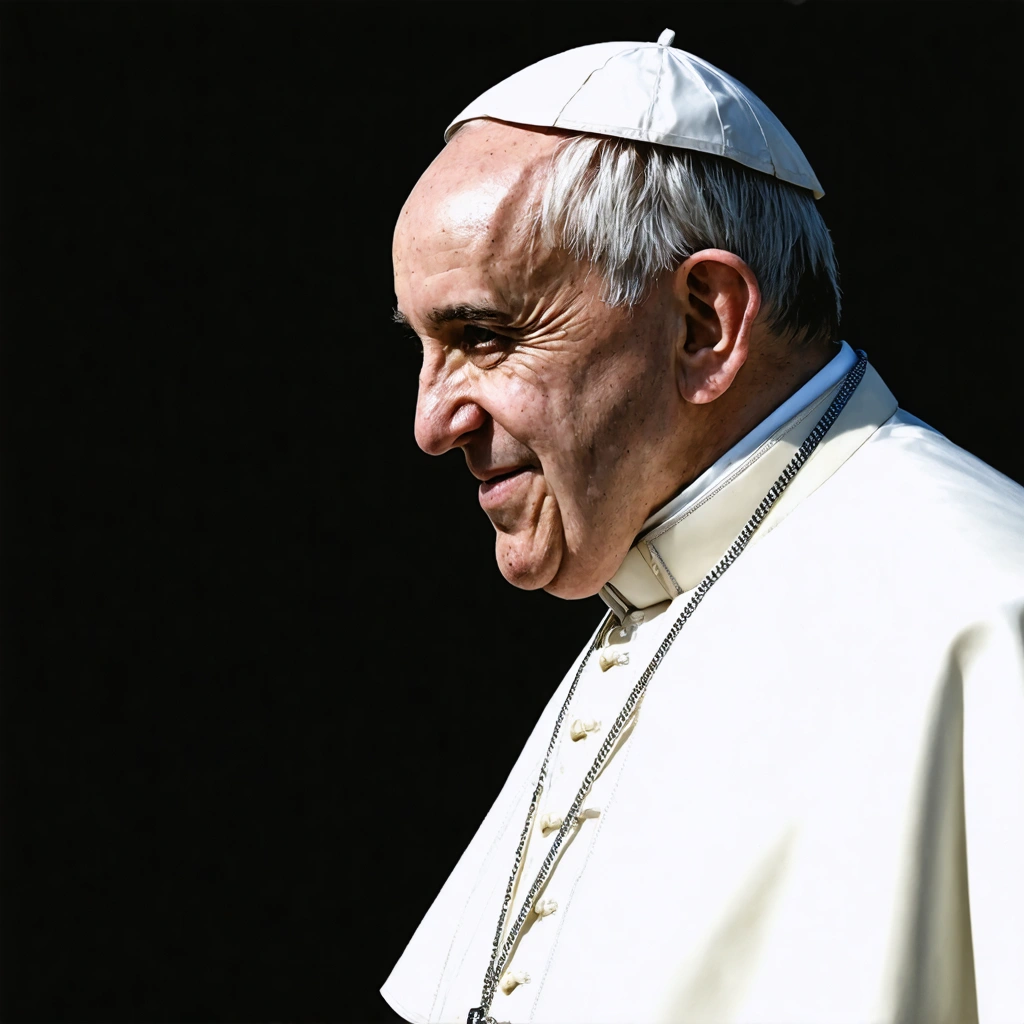
Introduction: A Period of Challenge and Change
Pope Francis, a figure recognized worldwide for his progressive views and dedication to social justice, currently stands at a pivotal crossroads. Recently admitted to Rome’s Gemelli Hospital in February due to double pneumonia, his health challenge has come at a crucial moment when he is actively working on his signature reform. This article delves into both the unprecedented health battle faced by the pontiff and the transformation efforts that continue to shape the future of the Catholic Church. The convergence of health issues with an ambitious reform agenda provides a fertile ground for analysis across multiple dimensions, including institutional change, spiritual renewal, and adaptive leadership.
Health Update: Navigating Recovery Amid Adversity
Hospital Care at Gemelli Hospital
The Gemelli Hospital, renowned for its advanced medical care, has been at the forefront of supporting the pontiff’s recovery. Despite the severity of double pneumonia, Pope Francis has demonstrated resilience during his convalescence. His continuous engagement in reform discussions while hospitalized is a testament to his unwavering commitment to leading change. Procedures and supportive treatment regimes include:
- Regular respiratory therapy designed to combat pneumonia symptoms
- Continuous monitoring by top specialists in pulmonology
- An interdisciplinary approach combining modern medicine with holistic spiritual care
This dual focus on medical recovery and reform signifies an adaptive leadership style, one that combines personal endurance with a broader vision for institutional renewal.
Health Management and Long-Term Outlook
While immediate improvements notify the faithful and the broader community that recovery is underway, experts remain cautiously optimistic about the long-term prognoses associated with double pneumonia in advanced age. Key health management strategies being implemented include:
- Strict adherence to a personalized treatment plan
- Incorporation of rehabilitative therapies aimed at bolstering respiratory function
- Regular reviews of treatment efficacy by national and international health experts
The simultaneous focus on both health and reform speaks volumes about the pope’s determination to ensure that his temporary physical setbacks do not obstruct his visionary reform agenda.
Signature Reforms: Driving Transformation Within the Church
Overview of the Pontiff’s Reform Agenda
Even as the pontiff battles a significant health crisis, his eyes remain fixed on comprehensive reforms aimed at modernizing the Church’s operational and doctrinal frameworks. These initiatives, launched with a businesslike precision, center on transparency, accountability, and the inclusion of modern societal values. Some of the key reform elements include:
- Financial Transparency: Implementing rigorous audit systems and financial disclosures to ensure ethical management of Church resources
- Institutional Restructuring: Reorganizing the administrative framework of the Vatican to streamline decision-making processes
- Outreach and Inclusion: Encouraging broader participation from younger generations and diverse communities
Each of these developments is intricately linked to the need for the Church to adapt in an ever-evolving global context.
In-Depth Analysis Through Business Methodologies
Drawing parallels from modern business practices, Pope Francis’s reform strategy also emphasizes efficiency, accountability, and forward-thinking leadership. A detailed exploration of his approach is summarized below:
| Aspect | Current Challenge | Reform Objective |
|---|---|---|
| Financial Management | Lack of transparency and outdated financial practices | Introduce robust auditing and reporting practices |
| Administrative Structure | Complex bureaucratic chains impacting efficiency | Streamline processes and encourage decentralized decision-making |
| Community Engagement | Limited demographic outreach | Create inclusive programs for youth and marginalized groups |
This table encapsulates the dual nature of the current challenges and proposed solutions, demonstrating the level of detail and commitment embedded in each reform policy.
The Intersection of Health and Reform: Strategic Considerations
Implications for Future Leadership
The pontiff’s situation underscores a broader paradigm where health crises and reform imperatives intersect. His ability to remain active in leadership deliberations while managing a significant health challenge sets a precedent for resilient governance. The key implications of this intersection include:
- Modeling a renewed approach to crisis management within high-level leadership
- Encouraging a culture where physical and mental health are integral to decision-making processes
- Inspiring other global leaders to balance personal vulnerabilities with urgent societal and institutional demands
This fusion of personal resilience and visionary reform policies represents a holistic approach that resonates across administrative structures and faith communities alike.
Strategic Roadmap and Future Outlook
Looking forward, the strategies being developed under Pope Francis’s leadership can be mapped out as a multi-phase initiative. The roadmap includes:
- Phase 1: Immediate stabilization of current health conditions combined with preliminary reform initiatives
- Phase 2: Implementation of structural changes and modernization projects within the Vatican
- Phase 3: Assessment of impacts, scaling successful reforms, and refining processes for broader application
This strategic roadmap not only outlines clear steps for the reform process but also serves as an example of how systematic planning can bring transformational change even in the face of personal and institutional challenges.
Conclusion: Resilience, Reform, and the Future of the Church
In sum, Pope Francis’s current circumstances provide an insightful case study into the interplay between personal health challenges and the pursuit of systemic reform. His hospitalization, far from derailing his reform agenda, has catalyzed a renewed focus on transparency, efficiency, and inclusive engagement. Through detailed strategic planning, modern administrative practices, and a forward-looking vision, the pontiff is setting a new standard for leadership in both the spiritual and administrative realms.
This examination of his health issues coupled with his reform initiatives reveals a profound commitment to evolving the Catholic Church in tandem with contemporary global demands. It highlights that enduring change often stems from personal trials, and even in the face of adversity, transformative leadership can flourish. The innovative revitalization strategies integrated into his reform agenda will likely serve as a benchmark for future religious and organizational transformations, uniting aspirational ideals with pragmatic execution.




